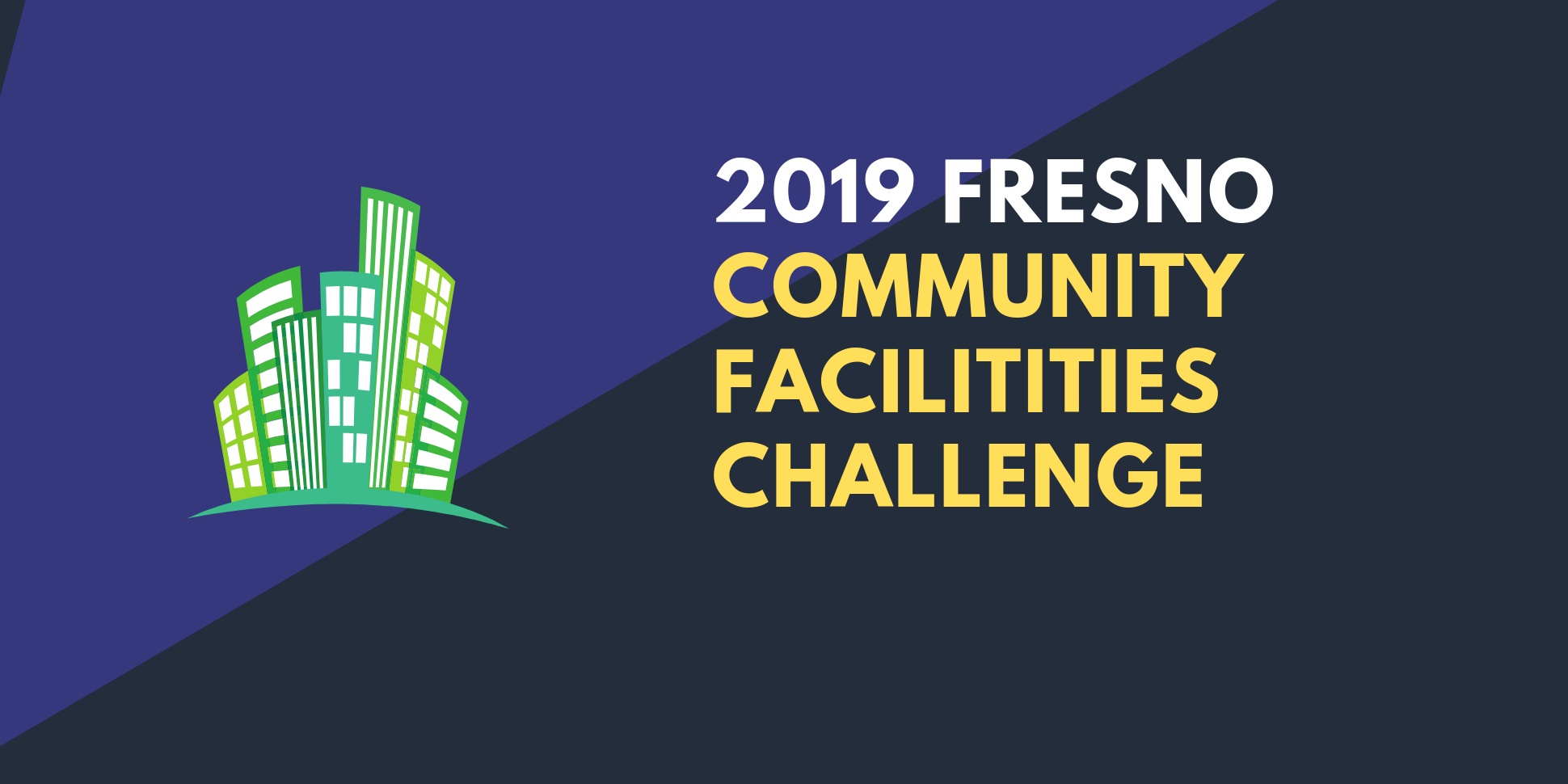Each year, Community Vision partners with Fresno State University to present the Community Facilities Challenge, a unique competition that invites students to combine hands on experience with classroom theory to solve a real world community space challenge. Students are placed in teams to prepare a real estate development proposal for a community facility project of a local government entity or community-based organization. A real estate development proposal assesses the viability of a project, including a financial analysis and budget, property valuation, preliminary design concept, engineering review, construction schedule, among other components.
This year’s Challenge focuses on shared space facilities, a major area of focus for Community Vision’s Consulting Department, a recognized leader in developing innovative approaches to stabilizing space. Depending on the size and purpose of a facility, shared space can serve various functions. Common uses include coworking space, administrative offices, social services, programmatic activities, community events, and cultural and art installations. Shared space facilities offer a range of organizational benefits; from more secure and affordable rents, shared costs on high quality services and amenities, to intentional peer learning, collaboration, and community building.
In this era of real estate challenges, shared spaces can serve as a catalyst for ensuring equitable development as a community grows and evolves. The stability provided to organizations housed in shared space facilities is extended to the community because services and programs can continue, and possibly be enhanced because of the proximity to mission-aligned organizations.
In a city like Fresno, which is one of the youngest, most ethnically diverse, and fastest growing cities in the United States, these types of community facilities help ensure that local residents are part of the development and growth through skill-building, networking, and collaborative partnerships. The economic growth in Fresno is not shared equally among all its residents. In fact, the city has one of the highest rates of concentrated poverty in the country, which is exacerbated by the city’s low ranking on economic and racial inclusion. The Metro Monitor 2019 report, released by the Brookings Institute, notes that the difference in median income between white people and people of color in Fresno decreased by nearly 18% between 2007-2017; however, there is still a gap of about $16,000 annually. Discriminatory and racist policies and land-use practices over the last 60 years greatly contributed to Fresno’s economic gap. One clear example is how urban sprawl has pushed Fresno’s wealth to the outer edges of the city, where development encroaches upon the region’s farmland.
For these reasons, intentional community development is critical for building financial wealth among all people, and shared space is one avenue that community-based organizations can use to realize inclusive and equitable communities.
“This year we partnered with two Fresno-based organizations that are centering shared space in their organizational design and strategic development,” said Kiel Lopez-Schmidt, Community Vision’s central valley regional manager. “Vision View is known a hub of black led business and organizations. Common Space Fresno not only provides affordable space for organizations to work downtown, their space has centered the voices of marginalized LGBTQ+ and immigrant communities.”
Vision View, Common Space Fresno, along with the Challenge’s student teams, will develop a real estate proposal for a business center and a nonprofit hub, the respective models for the organizations.
Vision View provides vocational training, supports people incubating business concepts, and leases space to other organizations for their operational, programmatic, and entertainment needs. Vision View is located in a 33,000-square-foot, three-building business campus less than one mile away from the Fresno International Airport, an area that is currently under development with newly paved streets, parking lots, and an influx of businesses. They envision creating a business and entertainment welcoming center for the surrounding area and incoming travelers that will include a rooftop social event space, coffee shop, mini movie theater, and internationally themed food court.
Common Space Fresno is a nonprofit hub and community event space. The hub is located in a 7,100-square-foot co-working space in downtown Fresno. The nonprofit offers space for lease at different levels of membership to meet people’s needs and to remain inclusive. Common Space Fresno uses a community-centered, collaborative approach to create positive change for California’s Central Valley.
Undergraduate students studying at the Lyles College of Engineering, the Department of Art and Design, and the Humanics Program are invited to participate in the Fresno Community Facilities Challenge as part of their annual curriculum. It’s a unique experience where students can apply their academic experience to a local community development project. Student teams have three months to conduct an assessment and develop their analysis. “Over the past eight years of the Community Facilities Challenge, more than 100 Fresno State students have worked alongside community-based organizations and supported the development of their real estate feasibility plans,” said Joanne Lee, Community Vision’s director of consulting services “The high quality analysis provided by our participating students has supported several organizations in honing in on their vision and plans for their facilities.”
The Community Facilities Challenge is an exciting and important initiative for Community Vision. It allows us, as a CDFI with an office in Fresno and a focus in the Central Valley, to build relationships with key institutions and community-based organizations. Local organizations are able to receive pro bono capacity building and/or technical assistance services from university students who care about serving their community. In return, students are exposed to local community development projects and have the opportunity to work across college departments, which helps build their resume and their professional network, and also exposes them to career pathways that may not have been previously visible.
The Challenge competition culminates with an oral presentation in front of a panel of judges comprised of local industry experts. The year’s winner will be announced at a public awards reception on Monday, April 29th from 5-7 pm at Fresno State University’s Smittcamp Alumni House.
RSVP HERE >>
For questions, please contact Kiel Lopez-Schmidt, Community Vision’s Central Valley Regional Manager at kchmidt@ncclf.org or by calling (559) 452-0327.






